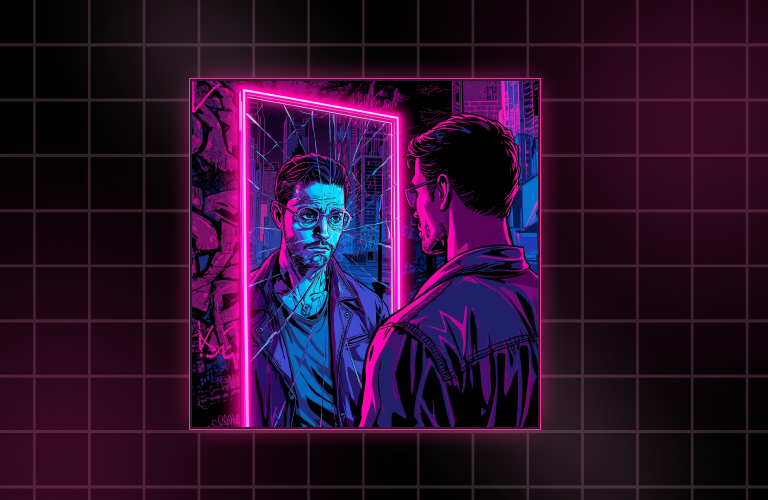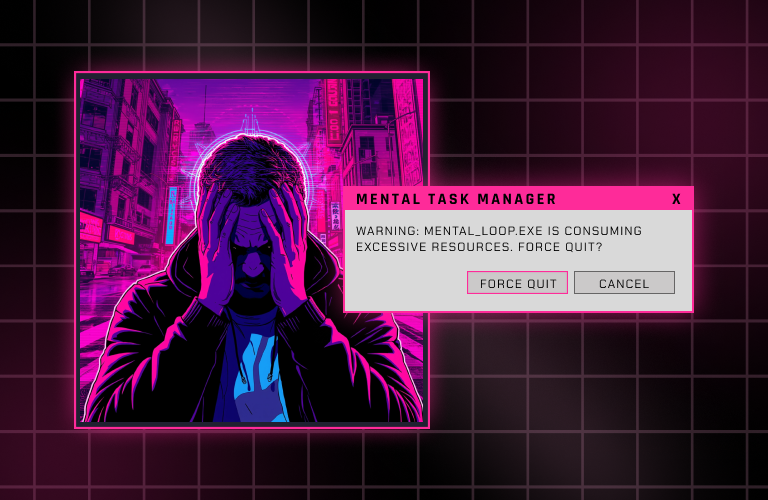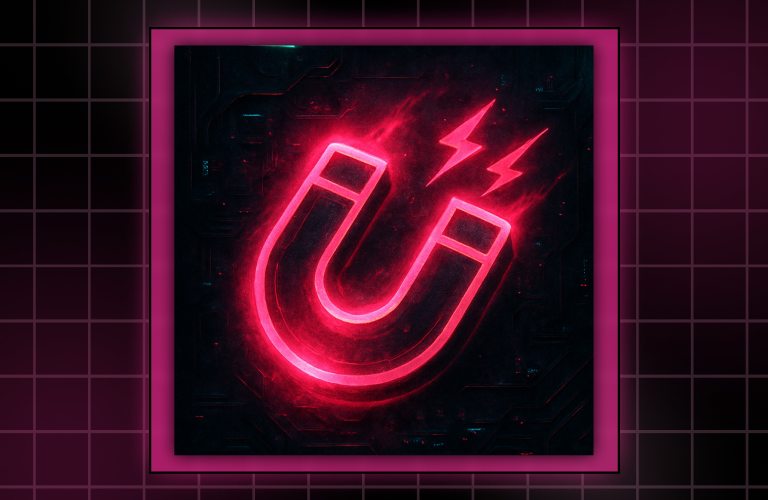
3 Reasons To Write A Newsletter (Even if You Feel Like No One is Reading)
“Why should I write a newsletter? No one is going to read it.”
It’s the thought that stops many people from starting. Or they start, publish a few newsletters, and eventually throw in the towel.
I mean, I totally get it.
I’ve been there before.
You started your newsletter, told some people about it, and now you got a whopping 3 subscribers (and one of them is your very own email). Maybe you send a few issues out, but you don’t hear anything back from the other two.
“Did they read it?”
“What did they think?”
“Oh f**k. I’m such a loser.”
I know it can feel completely demoralizing to create something and hear crickets.
Like I said—I’ve been there.
I sent my first newsletter out in Dec of 2022. While I didn’t follow a strict schedule at first, I never quit writing it.
Since then I’ve learned quite a lot.
Here are 3 reasons to write a newsletter (even if you feel like no one is reading).
1: Idea Development
If your goal is to build a brand — then you might know that one aspect of brand building is cohesive messaging. Having a few big picture ideas and repeating them is how you create a magnetic brand that lives in people’s heads rent-free. (Think Zach Pogrob’s Obsession or James Clear’s Habits)
Dan Koe has a few big picture concepts he cycles through:
These big picture ideas are what form the perception of your brand.
Writing a newsletter helps you develop and refine your ideas. The reason most people gravitate towards some of these bigger creators is because they have fresh, and unique perspectives. They don’t regurgitate information. They are synthesizers.
You probably feel like you don’t have anything interesting to say, but the act of writing, in and of itself, helps you refine and create new and compelling ideas.
Check out the thumbnail for my very first newsletter:

I cringe at this.
It’s not a bad idea, but the execution? Horrible. The writing is amateurish, and don’t even get me started on the design. I mean what was I thinking? (This was back when I used Canva and hadn’t studied design principles yet.) *sighs*
The point is—people compliment my writing and design now, but it didn’t start that way.
You won’t be good at first. That’s fine—it’s better to start and get your reps in when no one is watching.
2: Knowledge Integration
You may think you understand a topic because you’ve consumed tons of information on it. But you don’t truly understand something until you try to explain it clearly. This becomes obvious when you start writing.
Try writing about a specific topic and suddenly you realize you don’t understand it as well as you thought you did. Writing reveals the gaps in your knowledge.
As the saying goes, “The teacher learns more than the student.”
The simple act of writing these newsletters helps me deepen my own understanding of these concepts.
Writing organizes your thoughts and leads to clear thinking.
Clear thinking leads to better writing.
An endless feedback loop.
Better writing = better thinking.
Better thinking = better writing.

3: Creative Satisfaction
“The man who loves walking will walk further than the man who loves the destination.”
One of the reasons I've been writing for as long as I have is because I genuinely enjoy writing these.
If you’re only writing because you feel obligated, or are chasing a result, it’ll start to feel like a chore. And eventually, you’ll quit.
Don’t focus on the lack of readers. Focus on the joy of creation.
Make having fun a priority.
Enjoy the process of creating, designing, and building something uniquely yours.
It’s about the creative satisfaction.
(And btw—you don’t have to commit to weekly newsletters right off the bat. Start bi-weekly or even monthly if that’s easier. That’s more or less what I was doing. The point is to start. Eventually you’ll find your flow.)

Bonus: If your newsletters live online, you can always backlink and plug them into your other content later. (If you are in need of a professional and branded website to do that—check out High-Impact Web Design here.)
One thing I wish I had in the beginning was direct feedback. It would have helped me get better much faster. If you’re ever feeling stuck or want a second pair of eyes on your work, book a free clarity call with me here.
That’s it for this week.
Until next time, my friend.
—Priscilla [Player 2]


.png)

.png)




.png)











.png)

.png)

